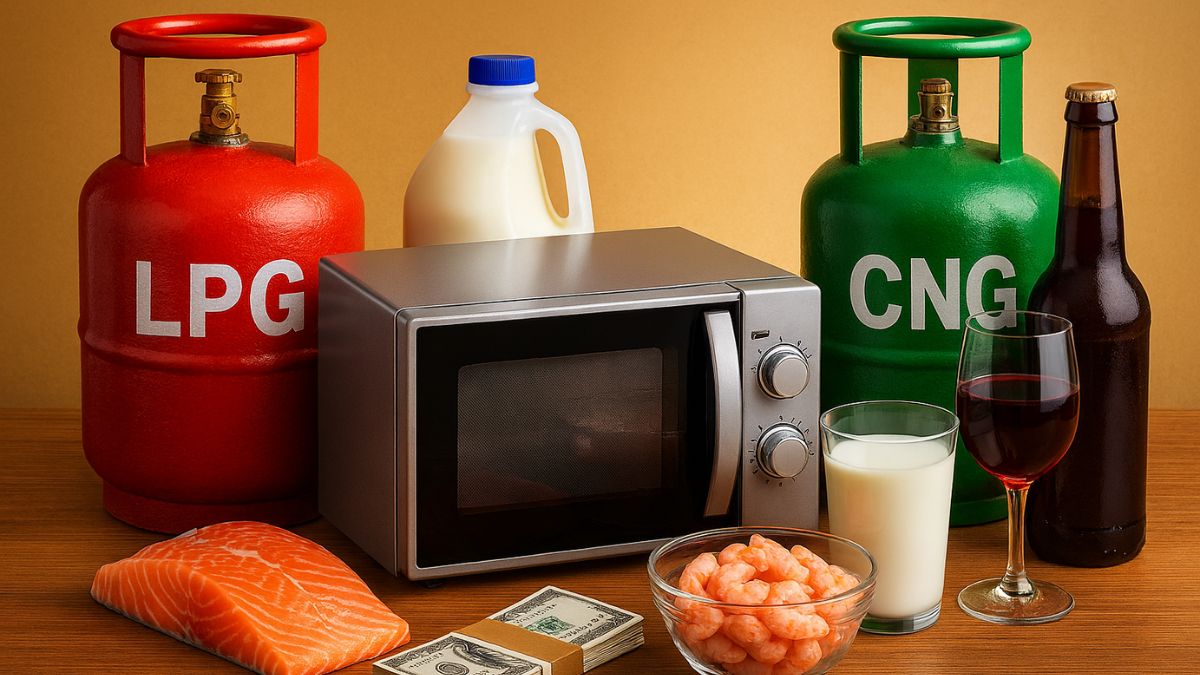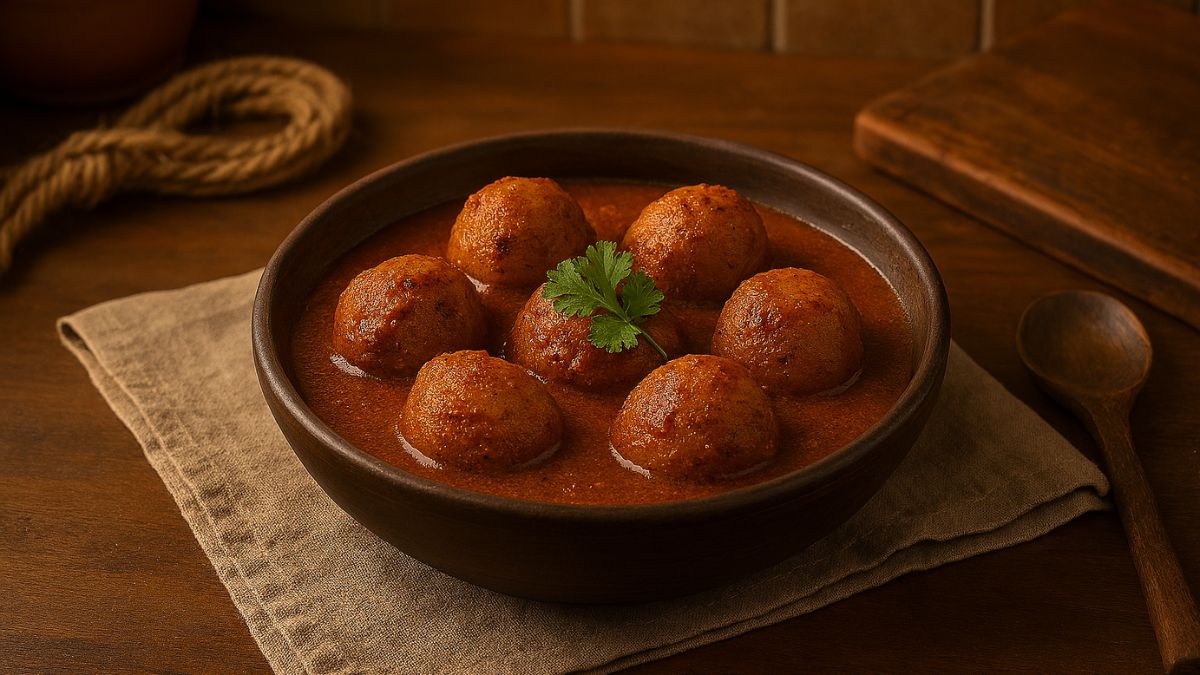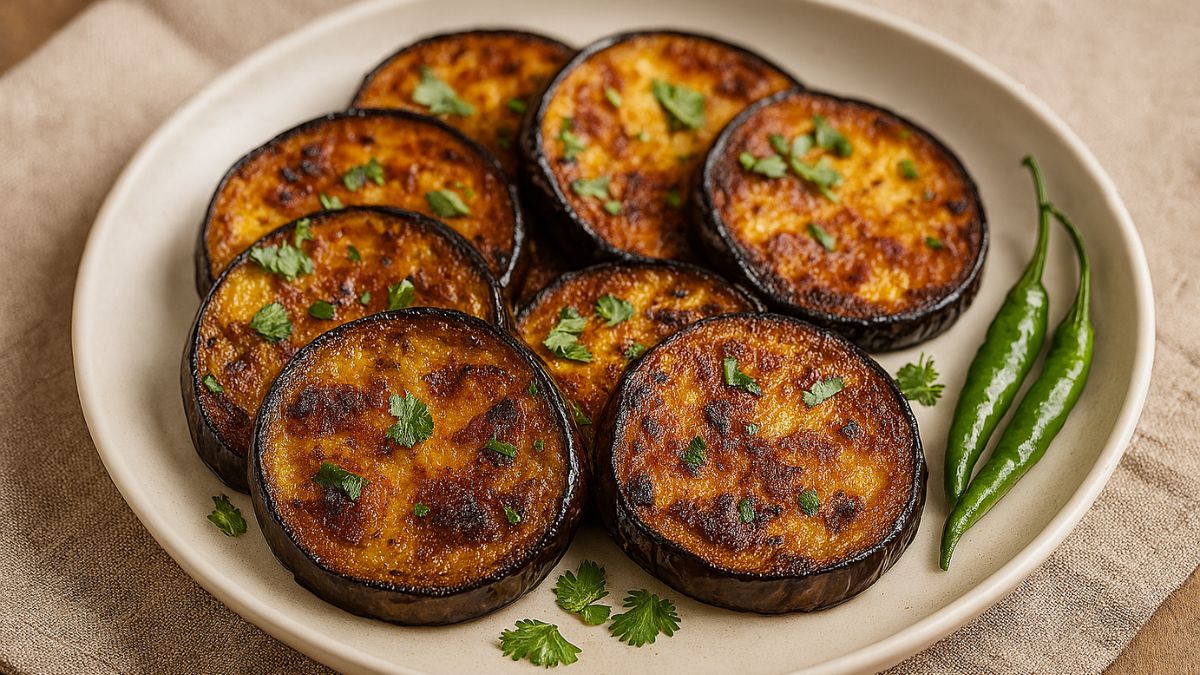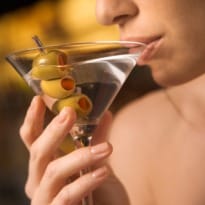It seems that hitting the bar after a day of heavy exercise is the new trend. At least according to researchers from Northwestern University who found that on days when people exercise more - typically Thursdays to Sundays - they also drink more alcohol. The study was published in Health Psychology, an American Psychological Association journal and is the first to use smartphone technology and a daily diary approach for self-reporting physical activity and alcohol use. David E Conroy, lead author of the study said, "Monday through Wednesday people batten down the hatches and they cut back on alcohol consumption. But once that 'social weekend' kicks off on Thursdays, physical activity increases and so does alcohol consumption. Insufficient physical activity and alcohol use are both linked to many health problems, and excessive alcohol use has many indirect costs as well. We need to figure out how to use physical activity effectively and safely without having the adverse effects of drinking more alcohol." The study had 150 participants aged between 18 to 89 who recorded their physical activity and alcohol consumption on their smartphones at the end of the day. They did so for 21 days at a stretch and at three different times in a year. In the past, other studies on physical activity and alcohol relied on people self-reporting their behaviour over the past 30 days.
According to Conroy "In this study, people only have to remember one day of activity or consumption at time, so they are less vulnerable to memory problems or other biases that come in to play when asked to report the past 30 days of behaviour. We think this is a really good method for getting around some of those self-report measurement problems." The studies which relied on 30-day self-reporting, concluded that physically active people tend to drink more alcohol - something this study did not find. "We zoomed in the microscope and got a very up-close and personal look at these behaviours on a day-to-day basis and see it's not people who exercise more drink more - it's that on days when people are more active they tend to drink more than on days they are less active," said Conroy."This finding was uniform across study participants of all levels of physical activity and ages," Conroy said. Through future studies, researchers hope to discover what drives people to drink more on days they exercise more. With inputs from PTI
According to Conroy "In this study, people only have to remember one day of activity or consumption at time, so they are less vulnerable to memory problems or other biases that come in to play when asked to report the past 30 days of behaviour. We think this is a really good method for getting around some of those self-report measurement problems." The studies which relied on 30-day self-reporting, concluded that physically active people tend to drink more alcohol - something this study did not find. "We zoomed in the microscope and got a very up-close and personal look at these behaviours on a day-to-day basis and see it's not people who exercise more drink more - it's that on days when people are more active they tend to drink more than on days they are less active," said Conroy."This finding was uniform across study participants of all levels of physical activity and ages," Conroy said. Through future studies, researchers hope to discover what drives people to drink more on days they exercise more. With inputs from PTI
Advertisement








